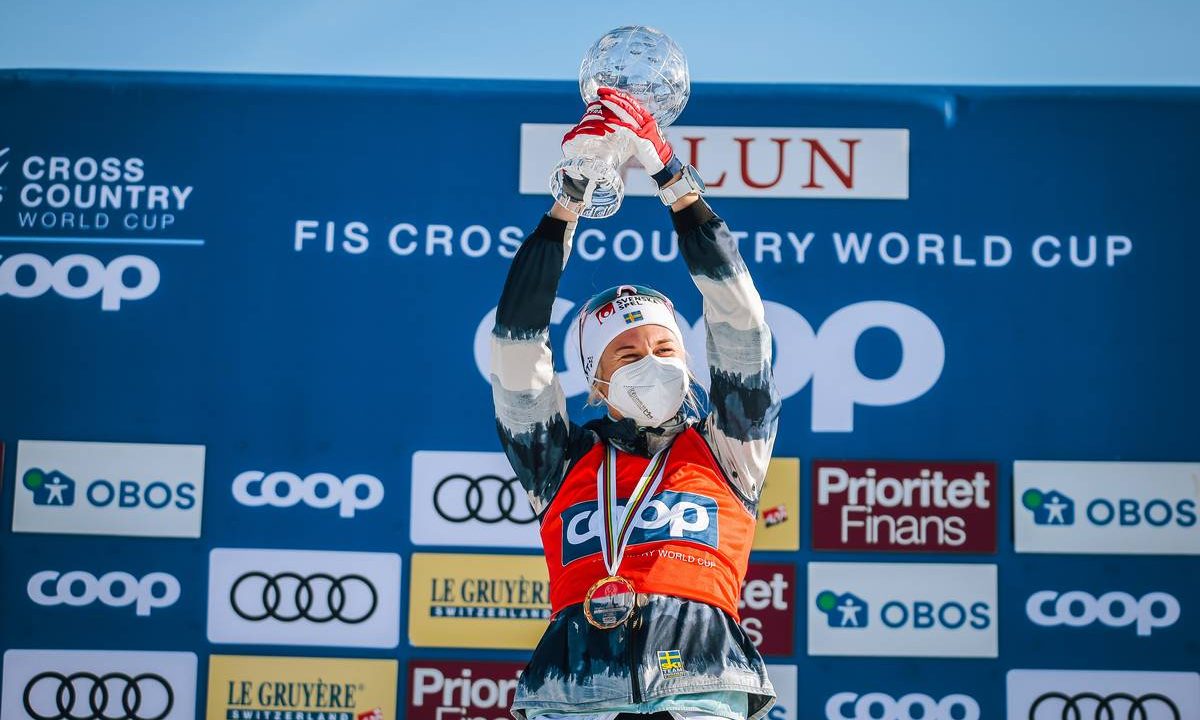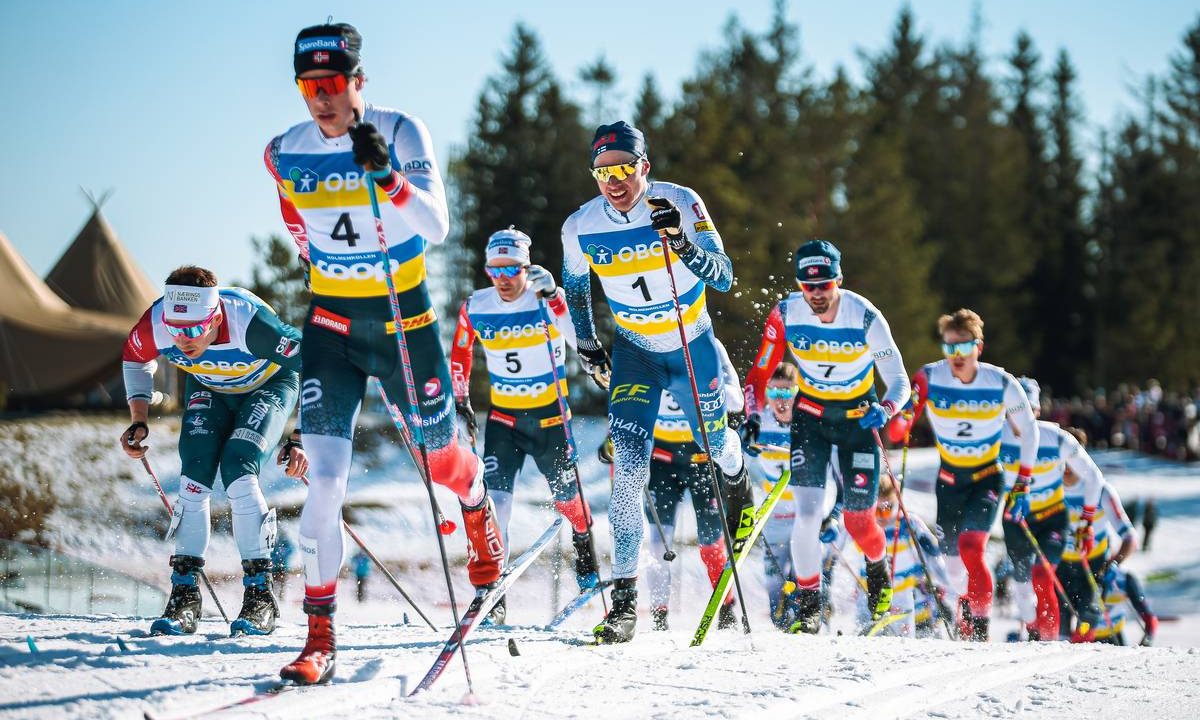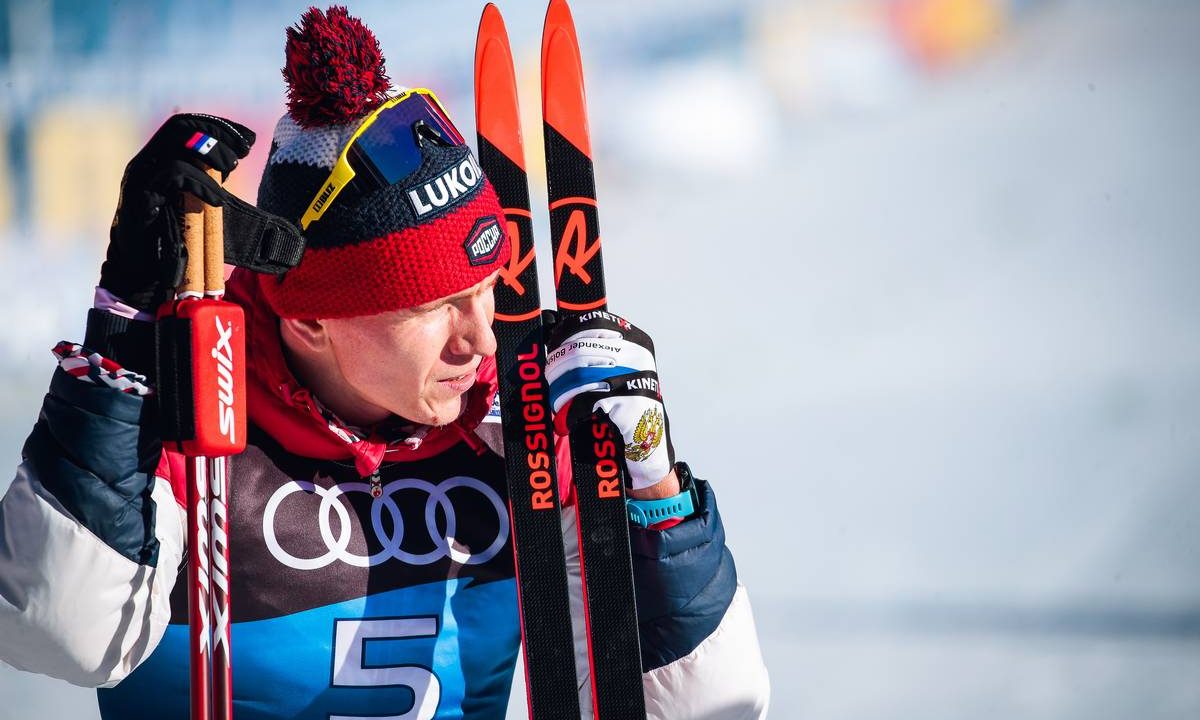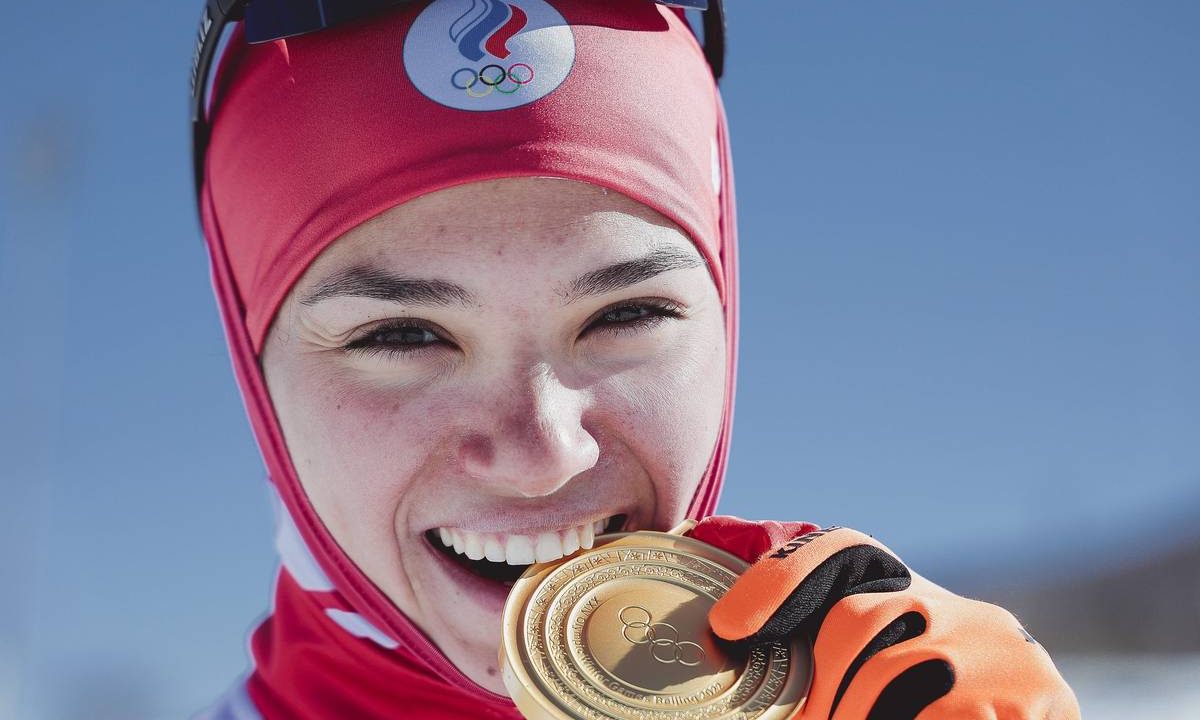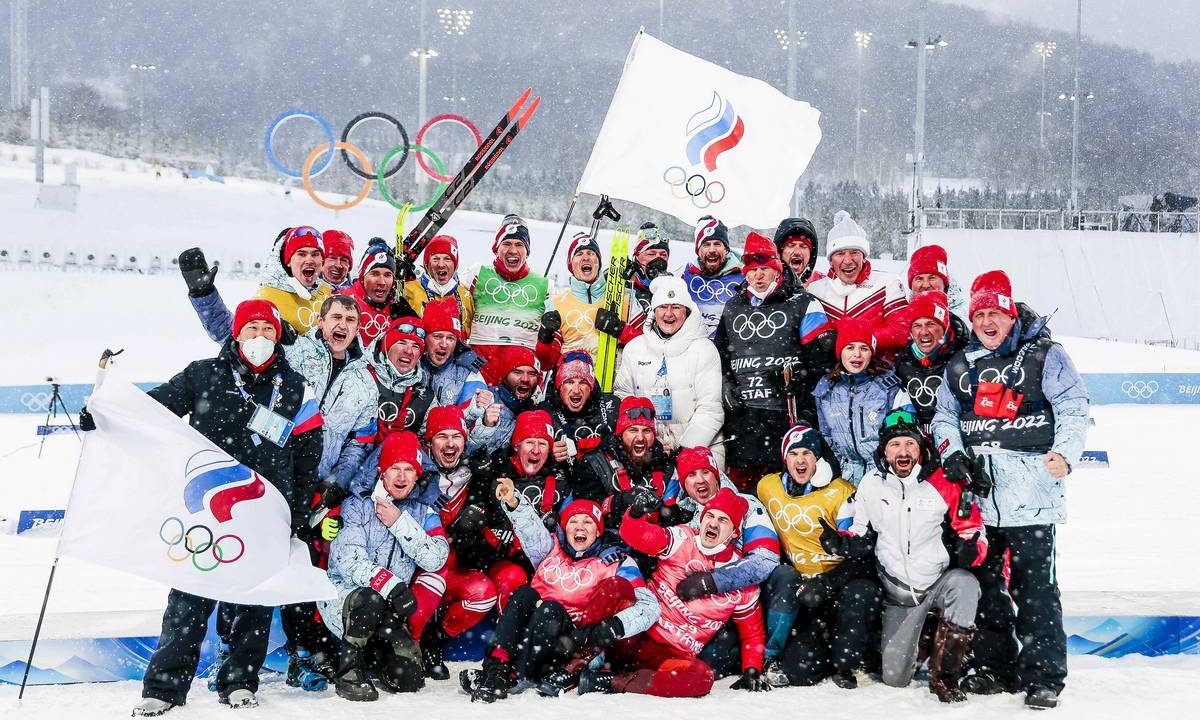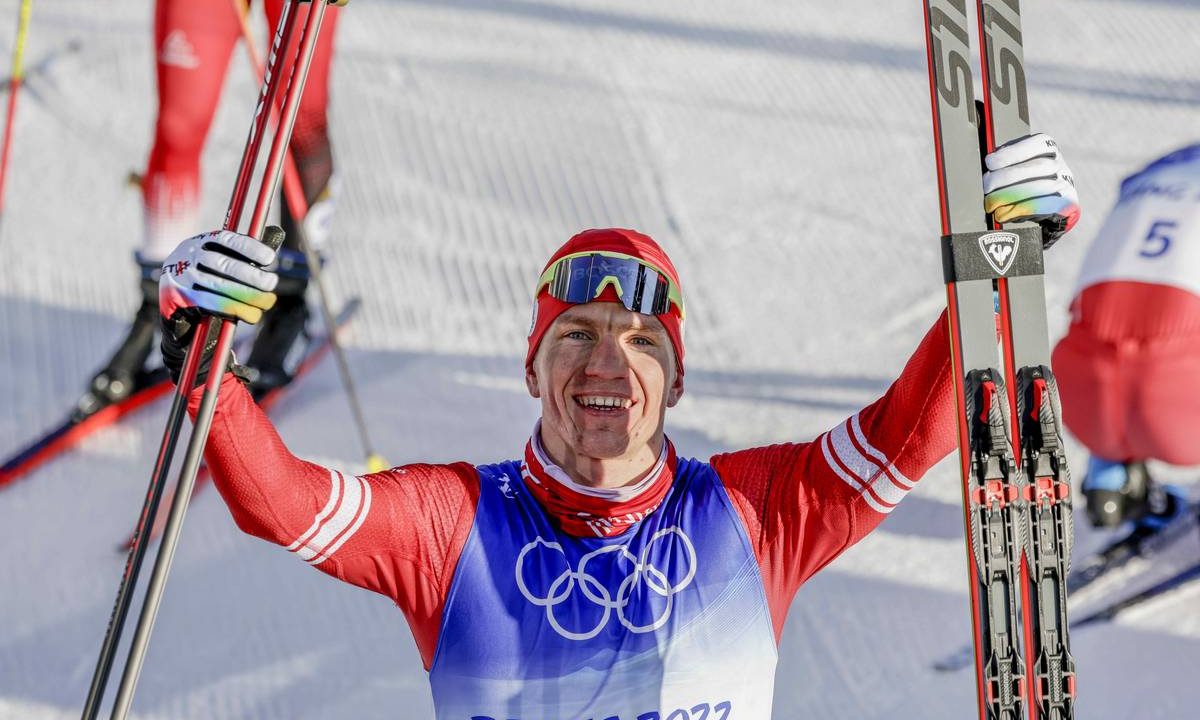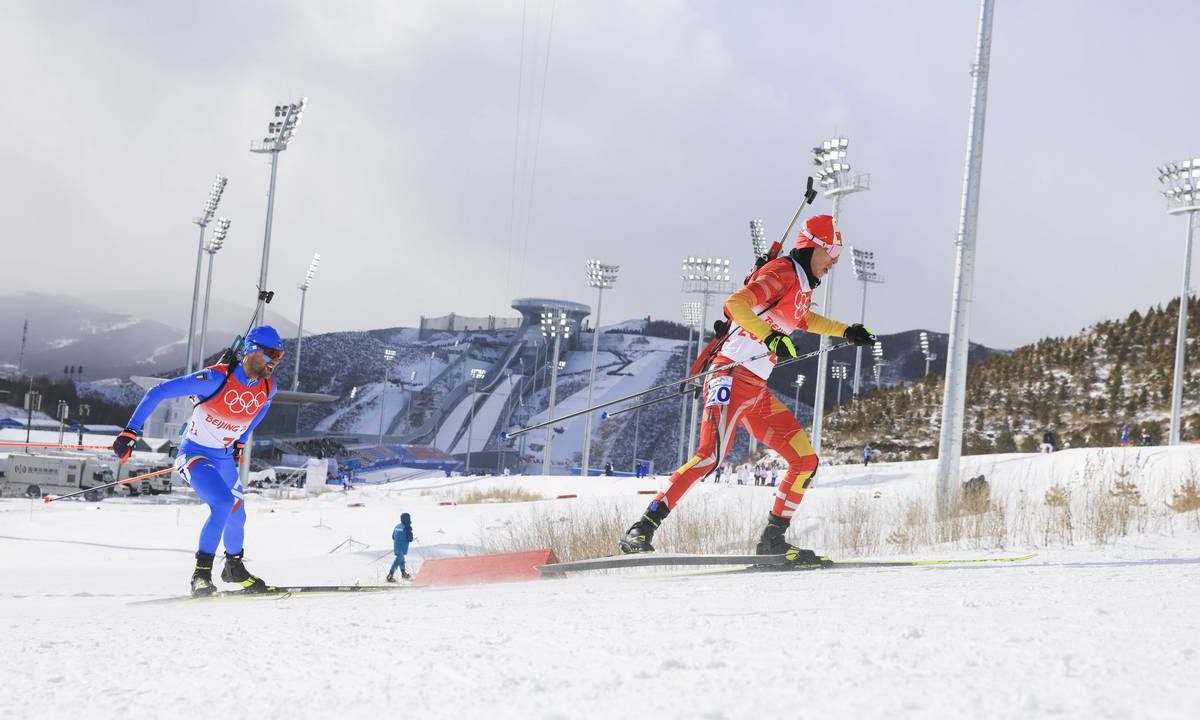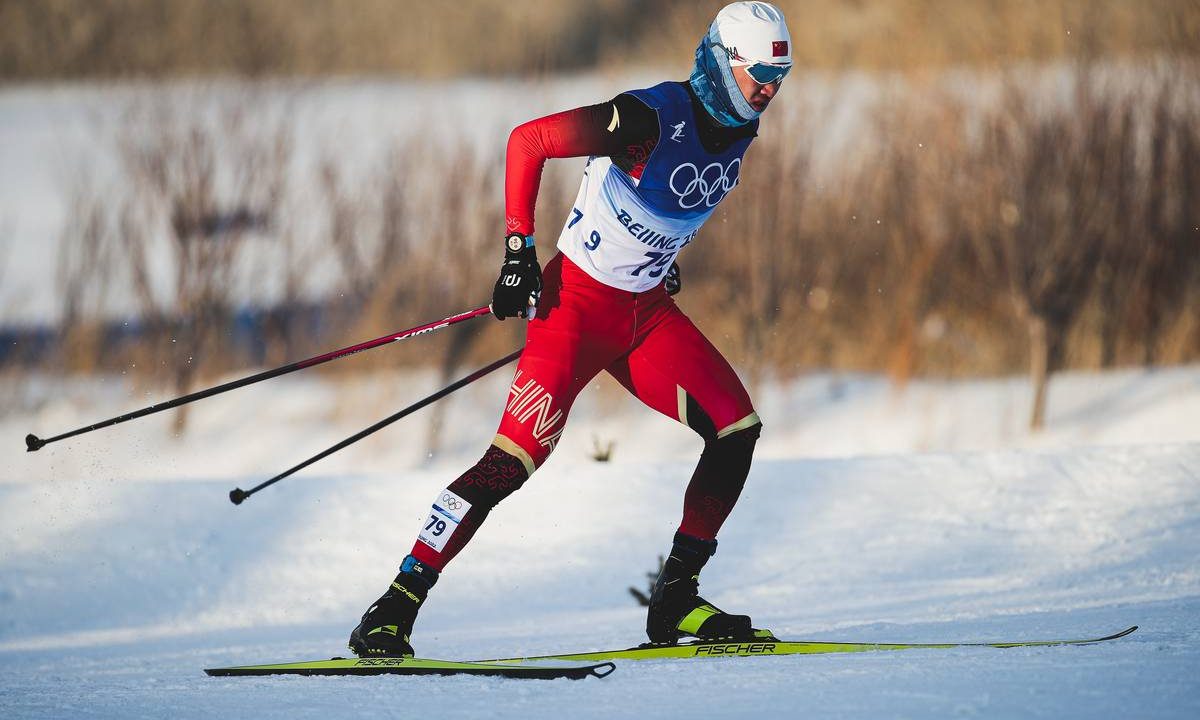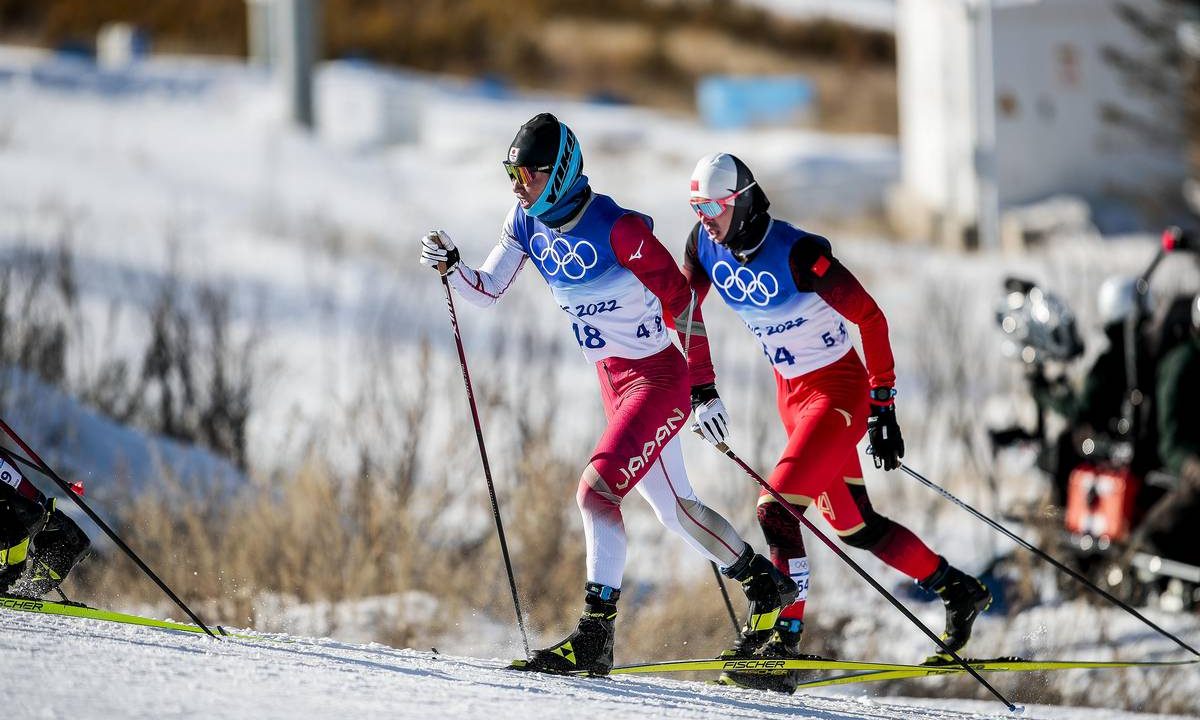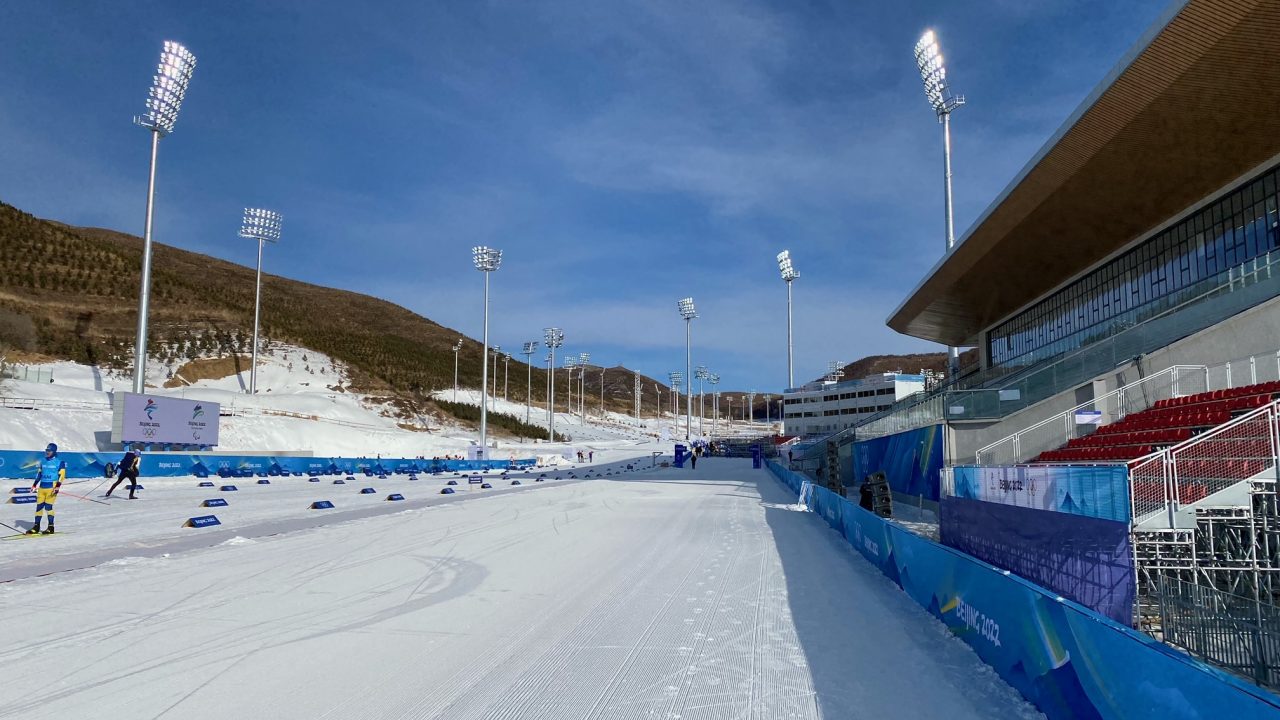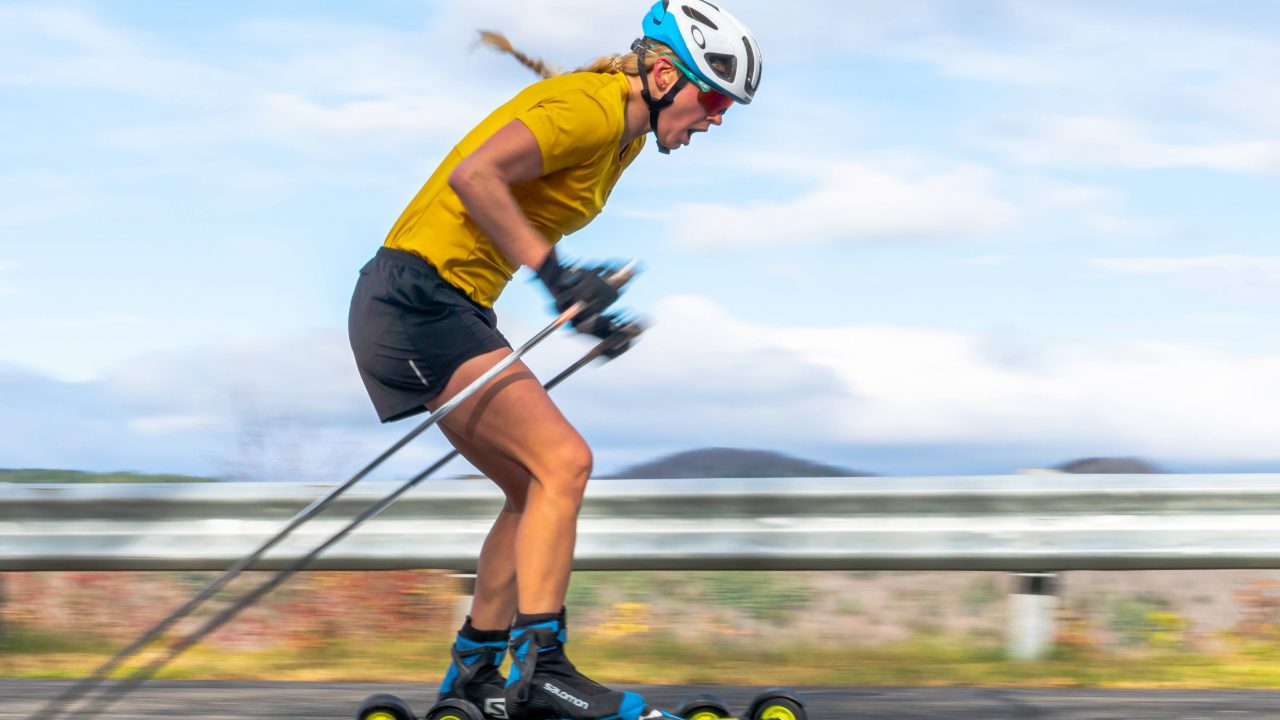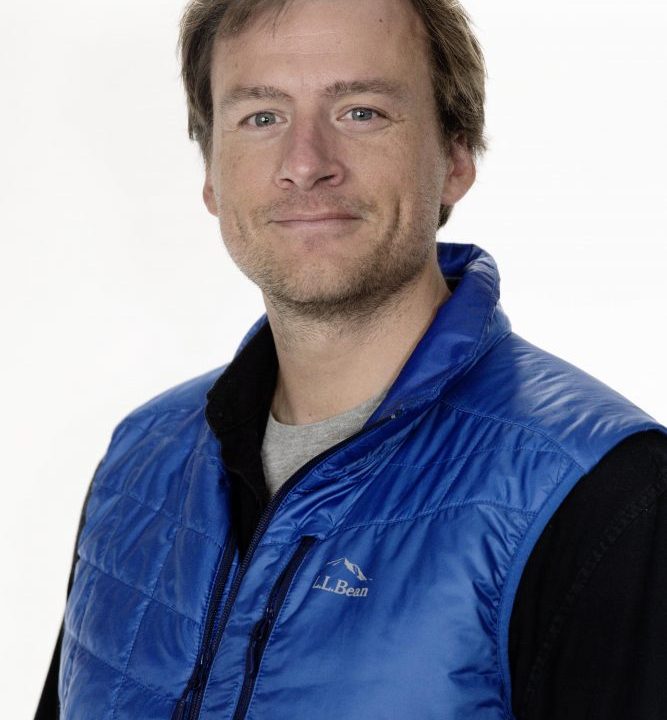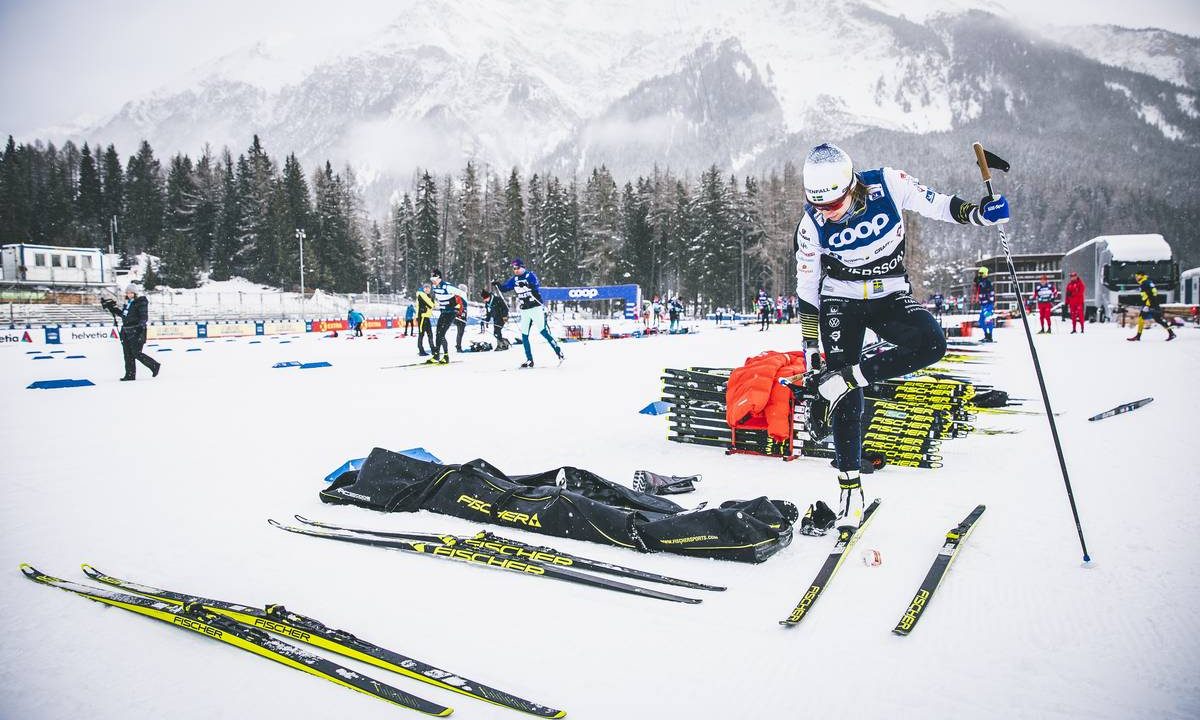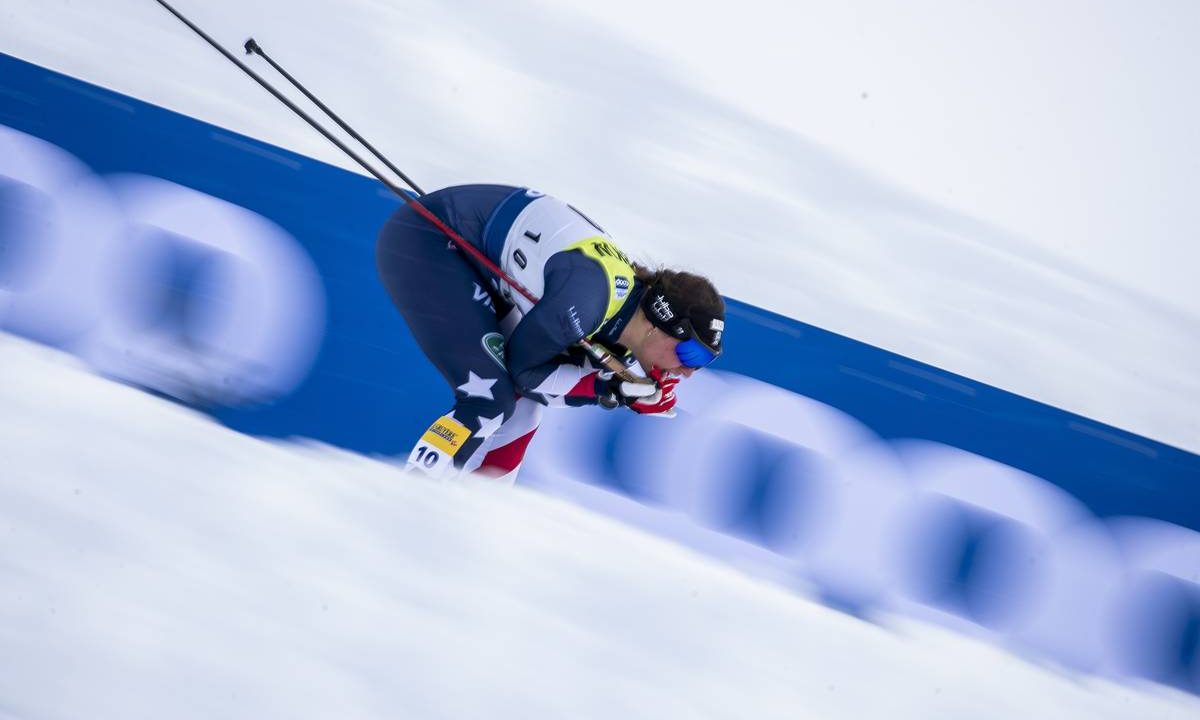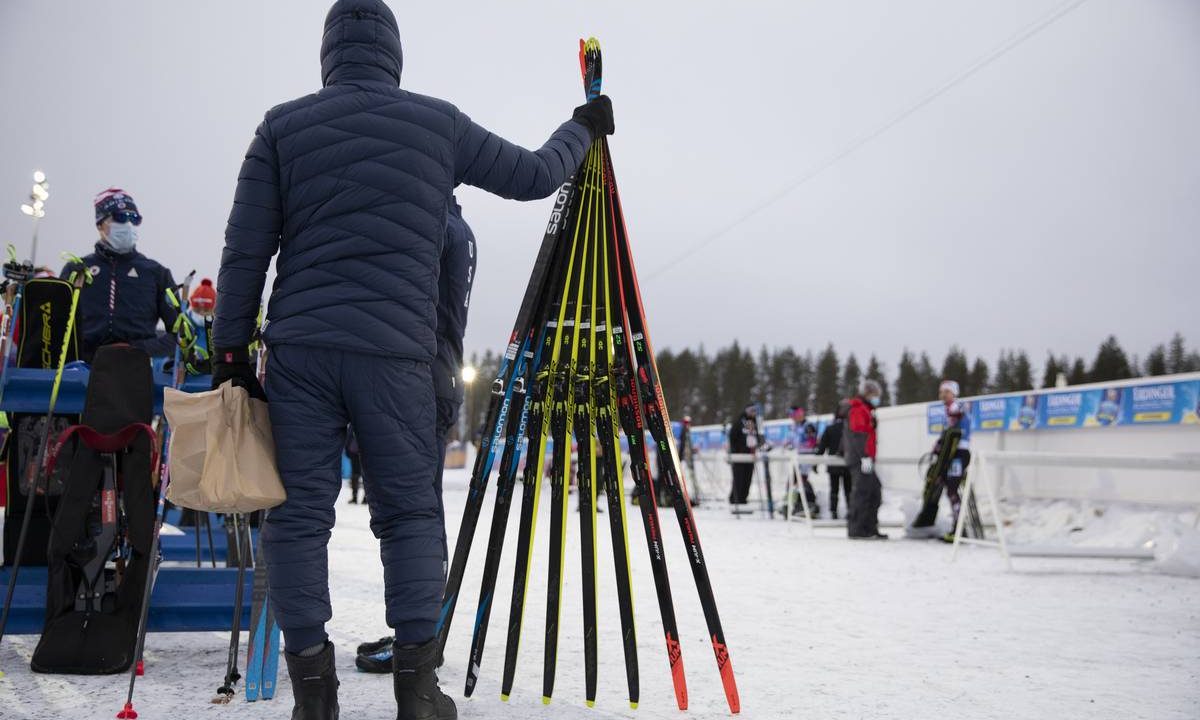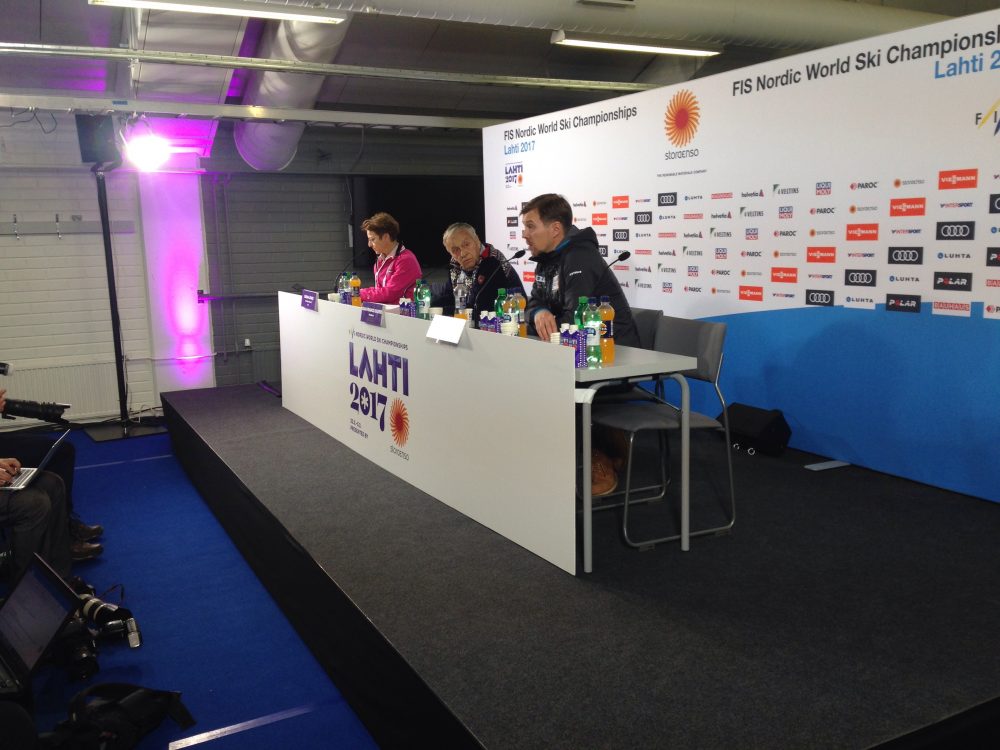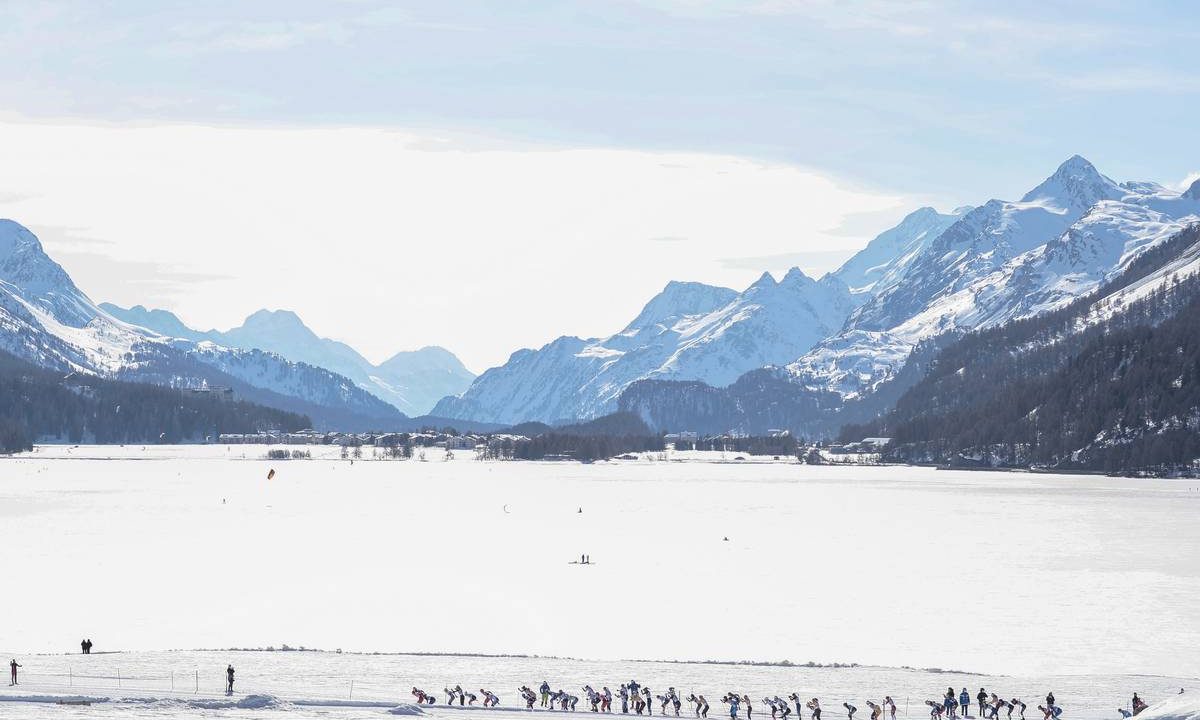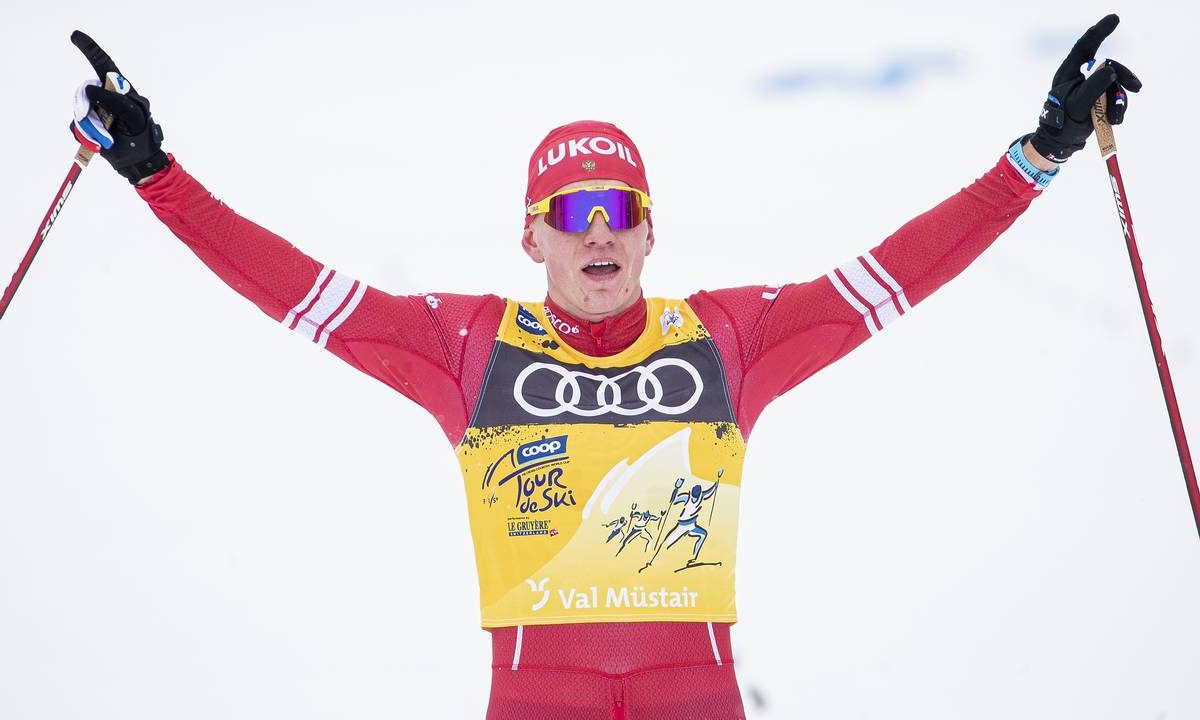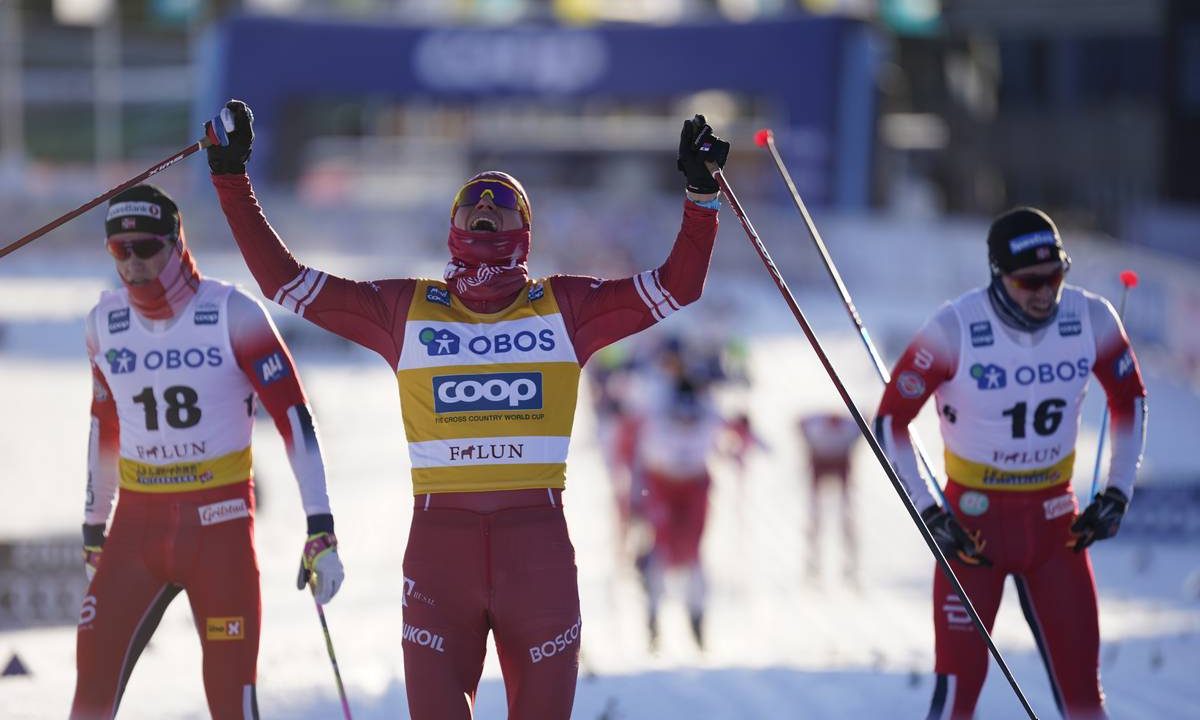On Monday, June 20th, the Ski Associations of Austria, Switzerland, Germany, and Croatia made good on threats issued after the FIS Congress in May, and filed an appeal to the Court of Arbitration for Sport (CAS) contesting the voting procedure that elected the unchallenged FIS President Johan Eliasch. The four nations argue that it was unlawful to deny them the option of voting no to Eliasch, and that the election procedure violated FIS statutes and...
U.S. Ski & Snowboard’s Dexter Paine and FIS President Eliasch Weigh In on Controversial Ski Congress
Pasha KahnJune 20, 2022
Elections at FIS Congresses are normally not the scene of political intrigues, particularly when there is only one candidate for President. Yet, in a surprise twist, a bloc of powerful ski nations walked out on FIS President Johan Eliasch’s uncontested election and voted out Dexter Paine, the U.S. Ski & Snowboard representative, as well as a FIS Vice President and Councilor. Prior to the vote for President on May 26th in Milan, Italy, Croatia’s representative...
Click here to read part 1 and part 2 of this series, which takes a look at international news surrounding the Russian athlete ban through the spring. For how these bans have impacted a broader cross-section of the sporting world and analysis of the complex questions surrounding whether Russian athletes should be able to compete, check out this recent Sports Illustrated article by Michael Rosenberg. Historically, athlete bans meant to pressure a government have not...
Click here to read part 1 of this series, which takes a look at international news surrounding the Russian athlete ban through the spring. For how these bans have impacted a broader cross-section of the sporting world and analysis of the complex questions surrounding whether Russian athletes should be able to compete, check out this recent Sports Illustrated article by Michael Rosenberg. Concerns over both fair play and propaganda have been tied to the...
With Russian athletes banned from all FIS competitions, and no end in sight for the war in Ukraine, there is a growing belief that Russian skiers are unlikely to rejoin the World Cup next season. Some commentators have gone further, proclaiming that we have seen the last of Bolshunov, Neprayeva, and the rest of the Russian team on the international stage. The pessimism is rooted in the history of similar bans—which tend to be long...
With eroding control, FIS bans Russia and Belarus in belated reaction to threatened protest-cancellation of World Cup events in Norway and Sweden
Pasha KahnMarch 1, 2022
Today the International Ski Federation (FIS) banned all Russian and Belarusian athletes and officials from taking part in any remaining FIS competitions. The press release stated, “The FIS Council decided unanimously in line with the IOC recommendation, that with immediate effect, no Russian or Belarusian athlete shall participate in any FIS competition at any level through the end of the 2021-2022 season.” The belated decision came after a power struggle between the Norwegian Ski Association...
On the eve of the men’s 50 k, Russia may invade Ukraine near Bolshunov’s home
Pasha KahnFebruary 18, 2022
Alexander Bolshunov, the Russian skier who is the odds on favorite to win Saturday’s 50-kilometer freestyle marathon at the Beijing Olympics, may have more on his mind than a momentous ski race: A potential Russian invasion of Ukraine will likely pass near to his childhood home in the rural village of Podyvot’e, in Russia’s Bryansk region. Bolshunov grew up in Podyvot’e where his father taught him to ski on a pair of green wooden Malyshokas...
The Chinese Ski Team’s Path to Beijing (Part 3)
Pasha KahnFebruary 18, 2022
This is the final installment of a three-part series on the development of the Chinese ski program. Click here to read part 1 and part 2. Part 3: Olympic Hopes and Misgivings in Norway For the Chinese cross country ski team, the 2022 Beijing Olympics opened with a blaze when Dinigeer Yilamujiang was selected to co-light the Olympic flame. It was an enormous honor for the twenty year old cross country skier from Altai, China...
The Chinese Ski Team’s Path to Beijing (Part 2)
Pasha KahnFebruary 13, 2022
You can find the introduction to this three-part series on the development of the Chinese ski program here. Creating a Generation of Skiers China, pursuing Olympic medals on home snow, signed deals in 2018 to train Chinese skiers in Norway and Finland. The first hurdle would be filling these programs with potential skiers. To that end, a talent building program was initiated and young professional athletes in the second tier of rowing, kayaking, and running...
The Chinese Ski Team’s Path to Beijing (Part 1)
Pasha KahnFebruary 7, 2022
Salmon for Skiing Over the last four years China has undertaken perhaps the grandest experiment in cross country skiing history: can hundreds of athletes cherry picked from other sports and given seemingly unlimited resources be turned into Olympic medalists in nordic events? Chinese athletes have never medaled in any of the nordic disciplines, and their teams head into the Olympics as the darkest of dark horses. Success, in the form of medals, is key to...
The Enigma of Zhangjiakou and the Kuyangshu Nordic Center
Pasha KahnFebruary 3, 2022
The ski trails at the Zhangjiakou Olympic venue – completed during the pandemic – will be seen with fresh eyes for most athletes and service staff as they arrive ahead of the 2022 Games. For service teams that often prepare years in advance of an Olympics, the uncertainty surrounding Zhangjiakou, from its weather to its snow, is a new phenomena. What is certain is that climatically, there is the potential for some very interesting conditions. ...
Last year, in an effort to create a standardized workout that could be easily replicated and repeated, national team coaches presented the concept of the “U.S. Pace Project.” The concept is straightforward: a shift away from time-based intervals to distance-based, centered around repeated laps of a 5-kilometer course. This familiar distance is key. In a call in July, Matt Whitcomb, U.S. Ski Team Head Coach, and one of the creators of the project explained that:...
A Data Driven Search for What Matters in Skiing: An Interview with Gus Kaeding
Pasha KahnNovember 5, 2021
How many medals will the U.S. Ski Team win in the future? What, really, is perfect ski technique? Gus Kaeding — the one man team behind the US Ski Team’s analytics department — aims to provide data-driven answers to these questions. From his office in the Center of Excellence in Park City, Utah, he delves into the data that may help illuminate a path to success for both individual athletes and the greater cross country...
The cost of providing World Cup athletes with competitive skis is mounting at an alarming rate for teams without deep pockets. This spring, coaches of US National Team athletes and staff from the Center of Excellence in Park City huddled around zoom for their annual meeting, called “Moving USA Skiing Forward.” Among the topics discussed were plans for the US Ski Team to keep pace with what Head Coach Matt Whitcomb calls the “waxing arms...
Resilient and Focused: Julia Kern Looks Ahead
Pasha KahnAugust 17, 2021
Julia Kern finds herself heading into an Olympic season as one of the veterans for the US women’s cross country ski team. At the age of twenty-three, she’s ready to take on the leadership role left by the retirements of long-time team members Sadie Maubet Bjornsen and Sophie Caldwell Hamilton. After a lackluster season — by her own lofty standards — she has shaken off the disappointment, along with a hamstring injury she picked up...
Will there be enough skis this season? That’s the question every ski shop and many consumers are asking. With demand predicted to remain high this winter, and some unique challenges faced by ski producers, ski scarcity may remain a reality. “I imagine if demand stays high we will see some significant shortages this season,” said Nathan Shultz, owner of Boulder Nordic Sport. The problem, from a supply-side, started with the pandemic. People thought that the...
Gian Franco Kasper, President of FIS for the past 23 years stepped down earlier this month. Under his leadership, FIS grew to be the preeminent winter Olympic sport federation. Yet despite its growth, Kasper resisted most efforts to reform and modernize FIS, and he left the organization much as he found it. In 1975, FIS President Marc Holder needed a hand at FIS and brought in the then 29-year-old Kasper—who up to that point had...
Gian-Franco Kasper, the President of FIS for the past 23 years, will step down after a new candidate is elected at the FIS virtual FIS Congress on Friday, June 4th. The new President will be only the fifth person to hold that role since the inception of FIS in 1924. The elections come at an inflection point within the organization as it looks to navigate the ski sports under its governance into a new, post-pandemic...
Exploring Alexander Bolshunov: The Emergence – Part 1
Pasha KahnFebruary 26, 2021
This is the first part of a three-part series on Russia’s Alexander Bolshunov. You can find part two here. At 24 years old, Alexander Alexandrovich Bolshunov has become arguably the best men’s skier in the world. He has already secured this season’s World Cup title, to go along with his 2020 Overall Crystal Globe. He has a handful of Olympic and World Championship medals—all silver. At the Oberstdorf World Championships, his least favorite...
Exploring Alexander Bolshunov: A Rivalry is Born – Part 2
Pasha KahnFebruary 25, 2021
This is the second part of a three-part series on Russia’s Alexander Bolshunov. You can find part three here. During the season of 2018/19, there was fierce competition for the overall World Cup between Johannes Høsflot Klæbo and Alexander Bolshunov, who surprised the Norwegians by proving to be a versatile and resilient competitor. Sergey Ustiugov was initially seen to be the main threat to Klæbo’s World Cup campaign, haunting him in the Tour de...

